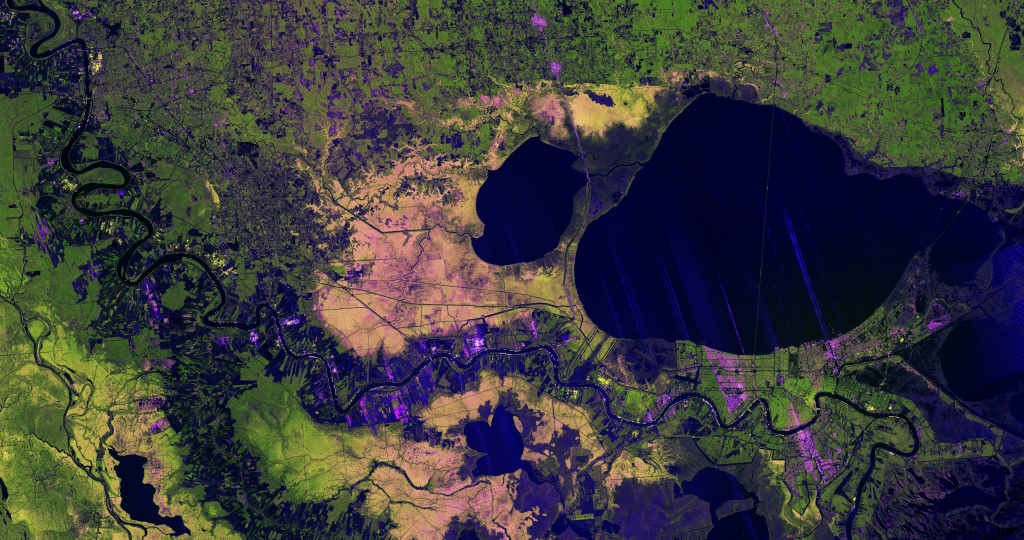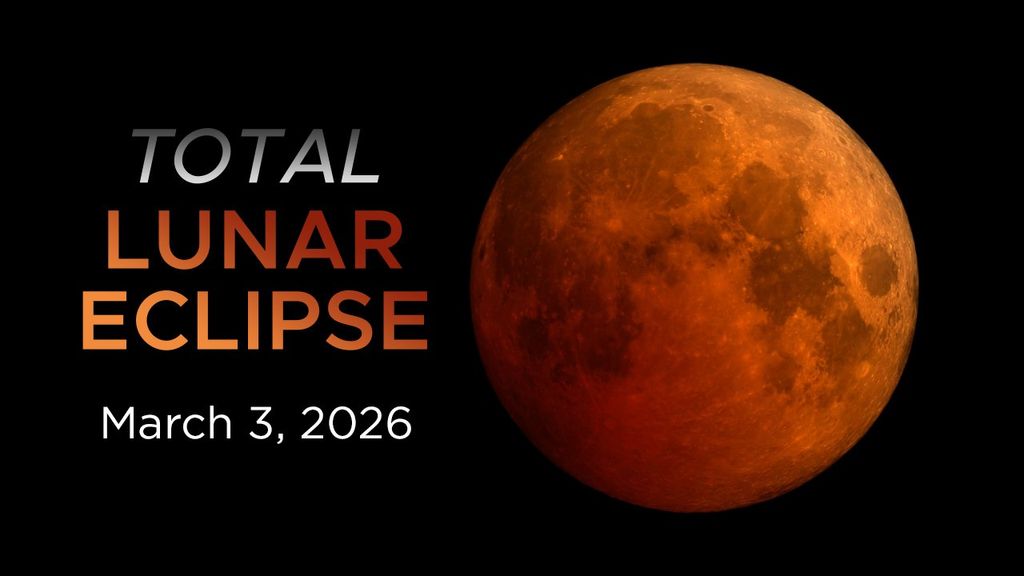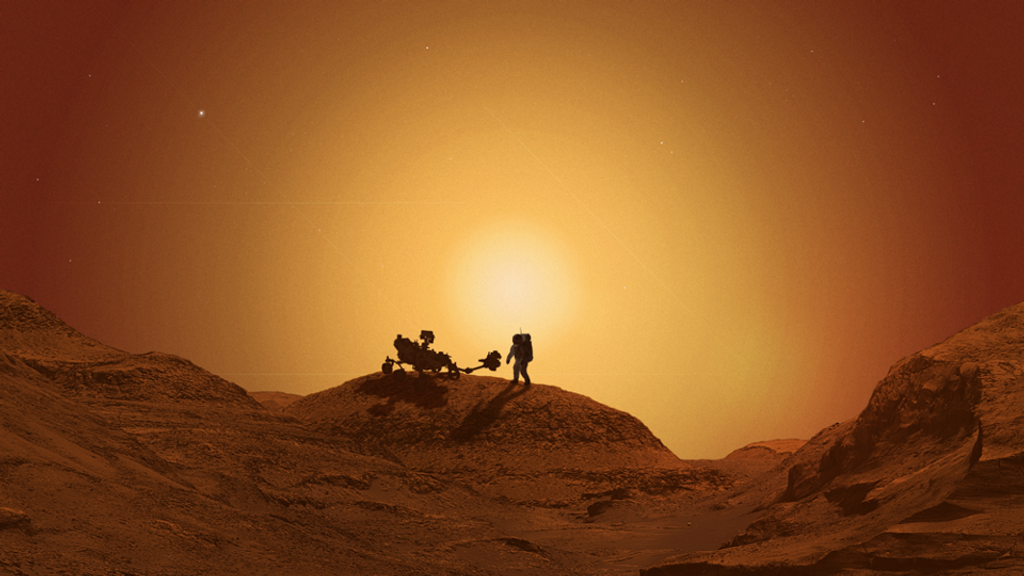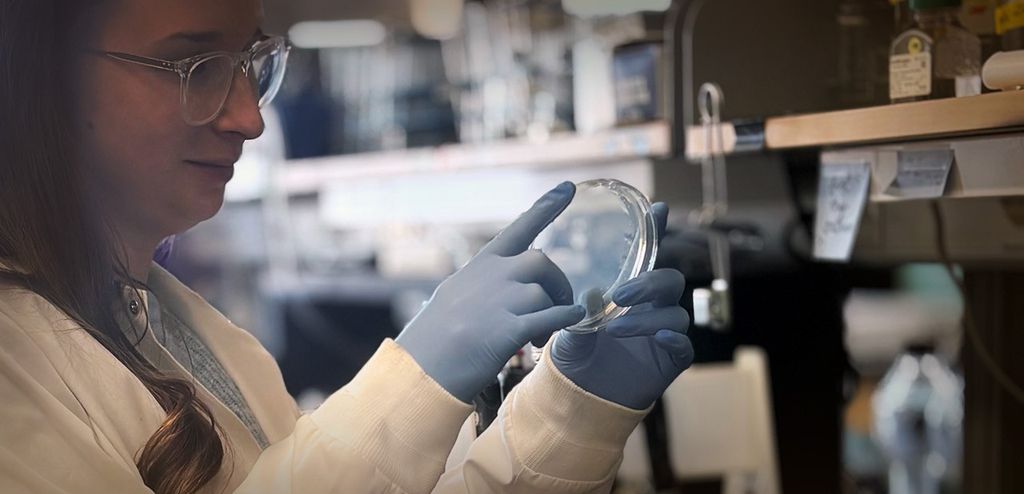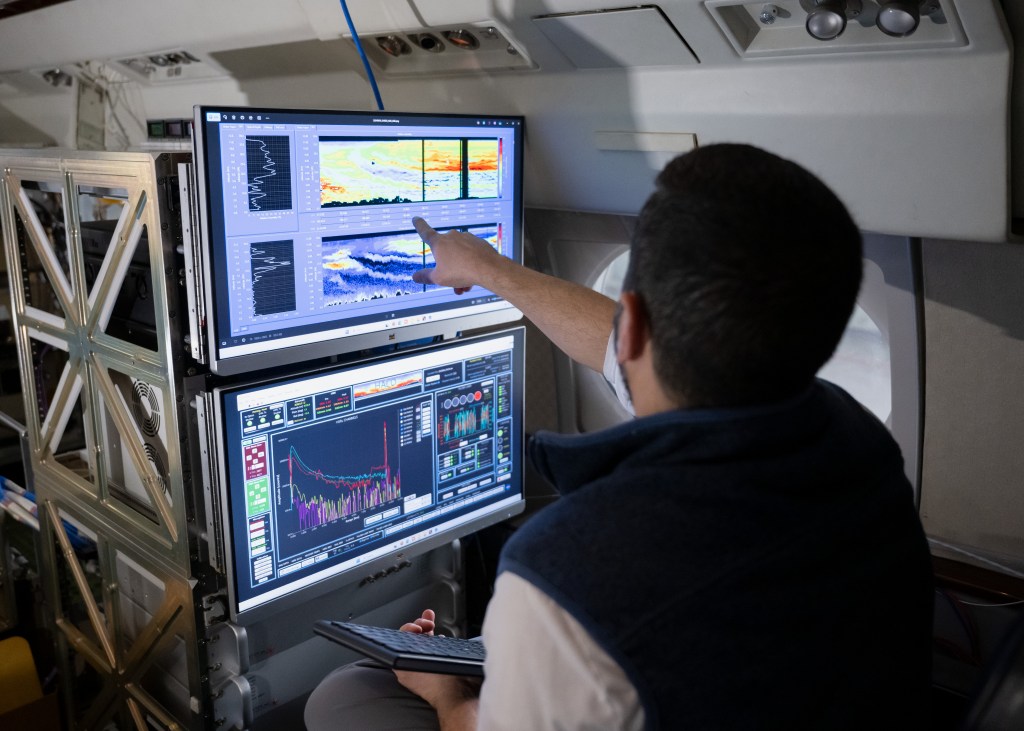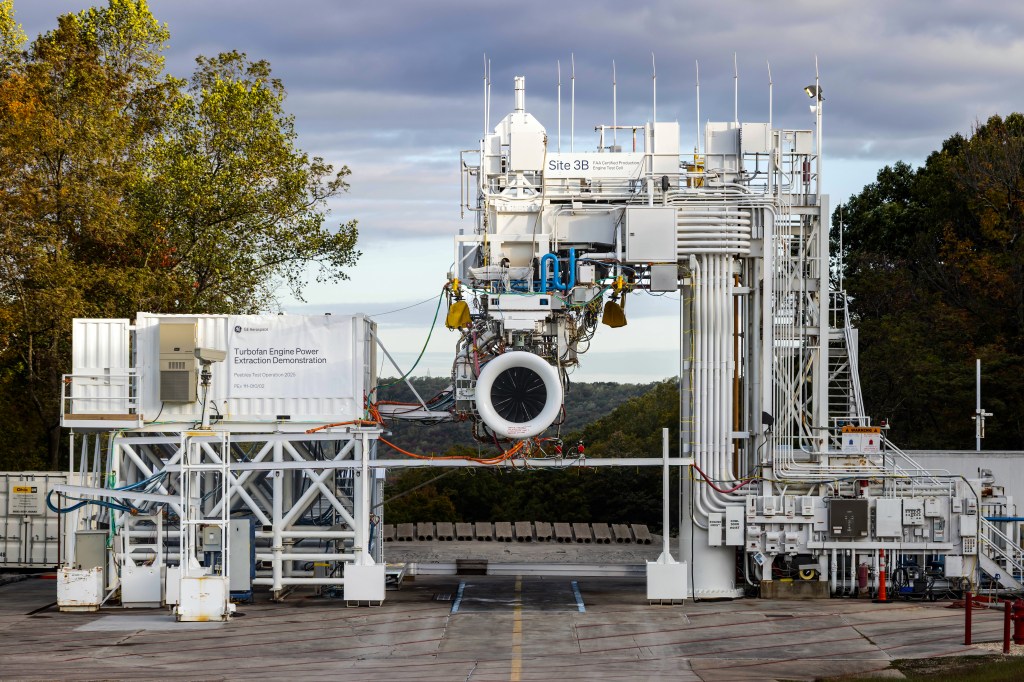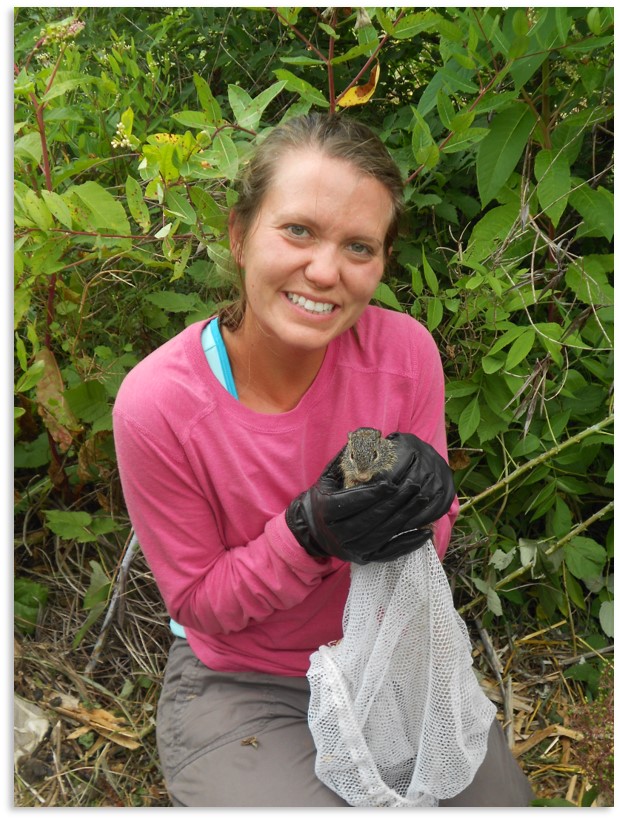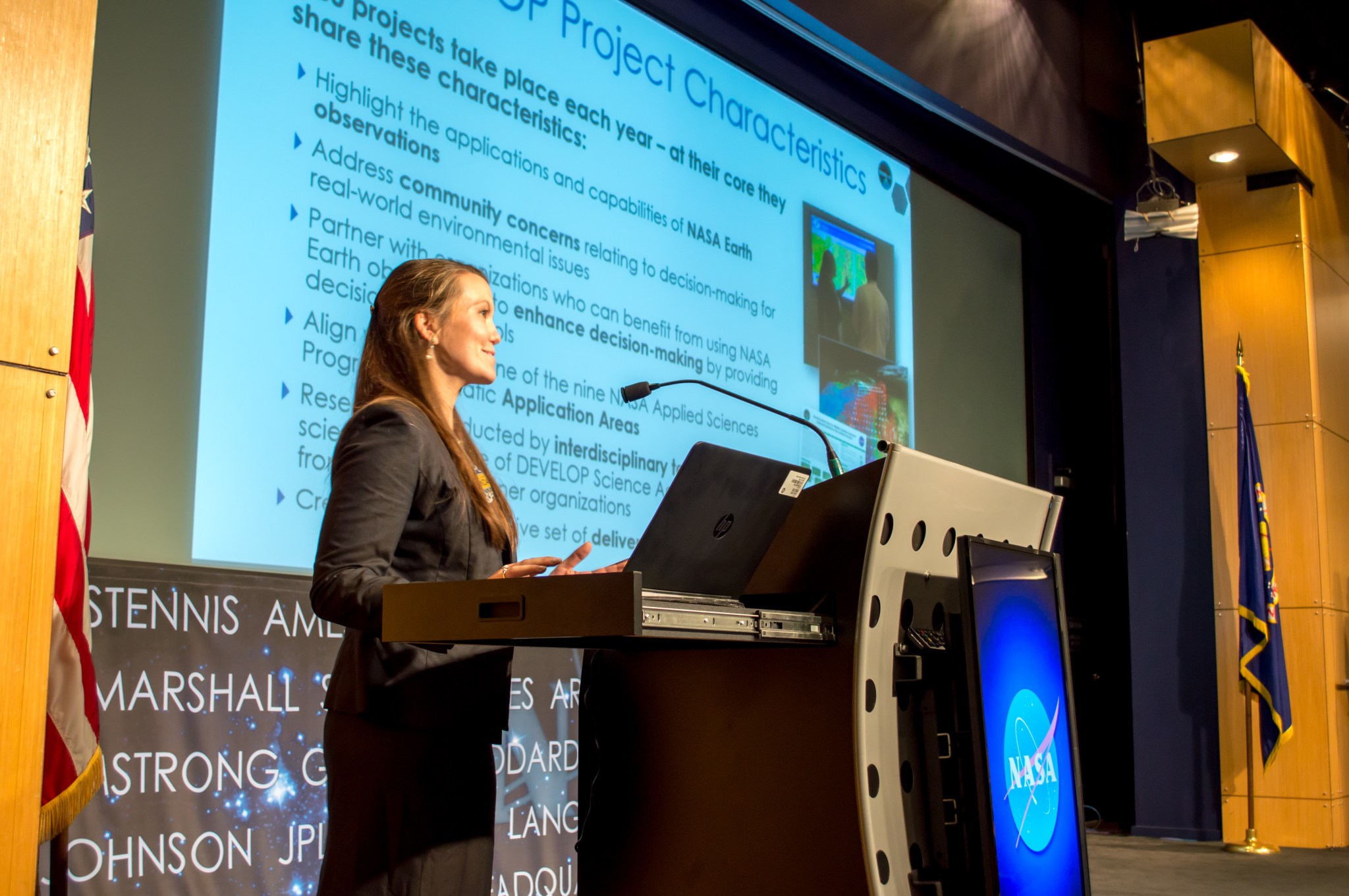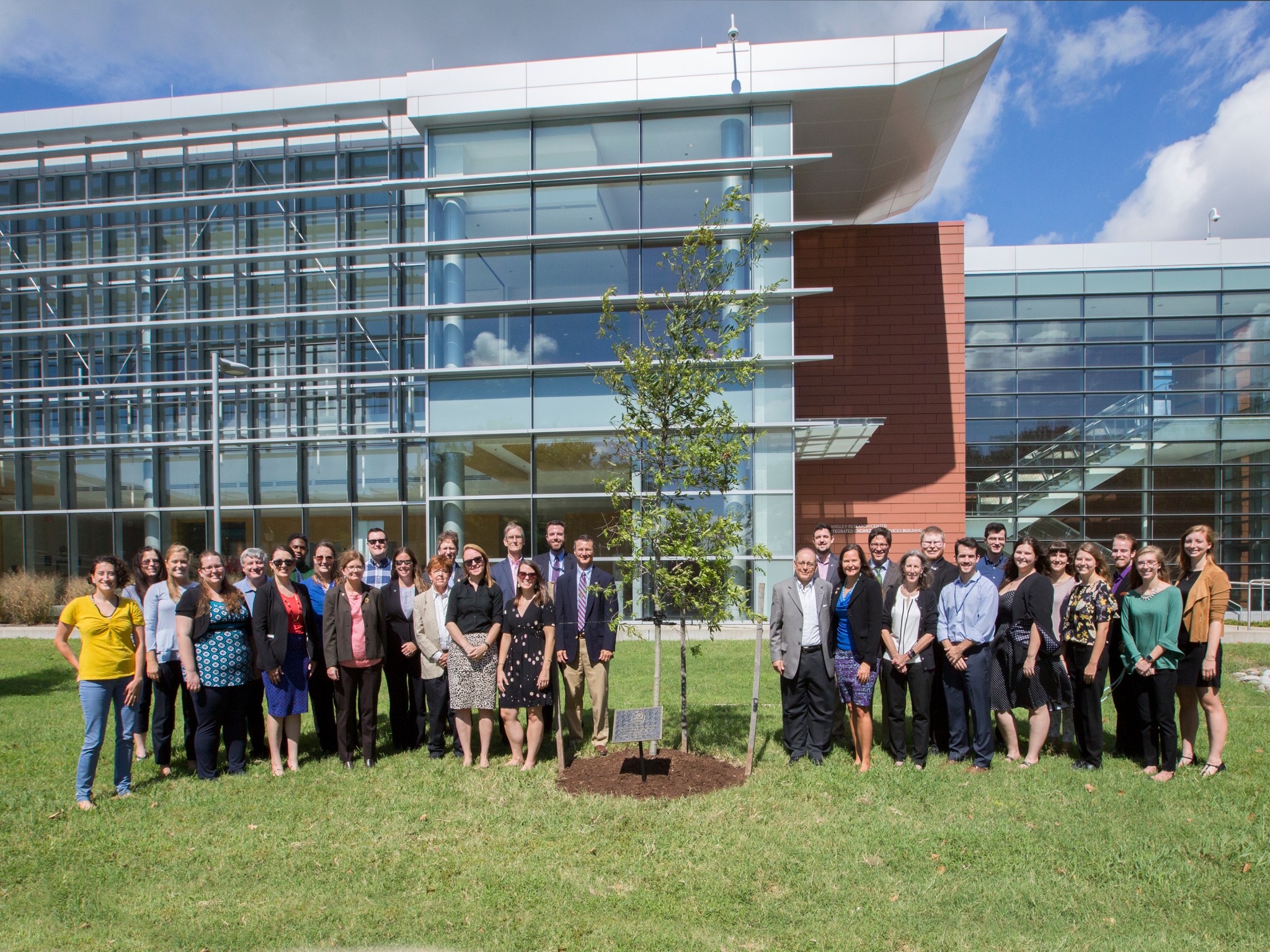Lots of students and recent graduates across the country are looking for ways to jumpstart their careers, and many are hoping to figure out how to directly address our nation’s biggest environmental concerns. The NASA DEVELOP National Program provides an avenue to do both.
DEVELOP, part of NASA’s Applied Sciences Program, brings participants and partner organizations together to address environmental challenges. NASA’s Earth observations and satellite data provide valuable information that can help organizations around the country develop tools to address problems such as flooding, invasive species, wildfire impacts, deteriorating water quality of coastal ecosystems, drought impacts on food security and more.
“Most of the time when we work with a partner organization and we present them with an opportunity, we always get a resounding ‘yes!’” said Amanda Clayton, projects manager for NASA DEVELOP. “Opportunities to benefit atypical end user groups are always really exciting.”
Clayton is responsible for managing DEVELOP’s national portfolio at 11 locations around the country. With her leadership, 50 to 60 feasibility projects are completed per year with partners such as the National Park Service, the Environmental Protection Agency and the U.S. Geological Survey.
“I think one of the great aspects is the closeness the teams are able to work with their partner organizations, which is really unique and sets it apart from a normal internship program,” said Clayton. “They really get to work hand-in-hand with partners who are making real world environmental decisions…and hopefully come out with end products and tools that are really helpful for the end user organization.”
In 2019, projects address a wide spectrum of issues with innovative measuring tools: everything from using data to improve flood warning systems; to using remote sensing to calculate how many buildings in a city could be used to harvest solar power; to using satellite data to identify areas where humans might run into jaguars in Costa Rica due to urban and agricultural expansion.
Despite having such a profound influence on the program, Clayton never expected to wind up at NASA.
“As an ecologist I never thought I would be doing anything with NASA, because the general population doesn’t associate Earth science with NASA,” said Clayton. “A lot of people like me don’t have typical, linear paths and they find great opportunities and experiences that they would have not expected.”
In fact, Clayton started at DEVELOP as a participant. After having taken undergraduate classes in Geographic Information System (GIS) mapping software, Clayton knew she wanted to do something with her career based around ecology. As a result, she ended up doing field work in Canada with ground squirrels — and realized she loved it. She discovered a lab at the University of Illinois Springfield that was doing research on a state-threatened species of ground squirrels, while also providing GIS certification.
“I ended up merging my love of squirrels and my previous squirrel research with GIS, remote sensing and terrain modeling,” said Clayton.
After graduating from the University of Illinois Springfield with a Master’s degree in Environmental Science, Clayton completed three 10-week projects as a DEVELOP participant. From there, she used her experience as a participant to apply for a leadership position within the program.
“Having the perspective of being in that same position myself is helpful,” Clayton said.
Today, Clayton is proud to oversee day-to-day project work for the DEVELOP Program from her office at NASA’s Langley Research Center — although she still has a deep love for ground squirrels from her days doing work in the field.
“I still have a textbook-sized book about squirrels in my office, next to my GIS and remote sensing books,” laughed Clayton. “Every once in while someone will be intrigued, so I’ll take out my squirrel book and show them things I’m excited about.”
Clayton will be presenting about the DEVELOP Program at the International Astronautical Congress (IAC) in Washington D.C.
The IAC is an annual event that brings together all of the players involved with the development and exploration of outer space. Her presentation, entitled “NASA’s Diverse and Innovative Approaches to Building Capacity in the Future STEM Workforce” will start at 2:45 p.m. EDT on Wednesday, Oct. 23, in Room 144C of the Walter E. Washington Convention Center.
Banner Image: The NASA DEVELOP Ellicott City Disasters project investigated two extreme flood events in 2016 and 2018 within Ellicott City, Maryland. The project products included data visualizations and a model framework for exploring factors influencing flood severity. The model was trained on two years of discharge data and was subsequently used to hindcast the May 2018 flood of Ellicott City.
Text Credit: Thalia Patrinos









